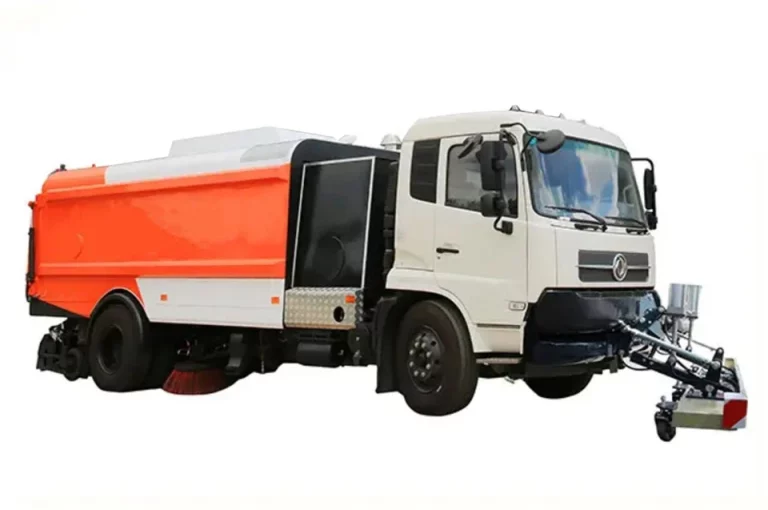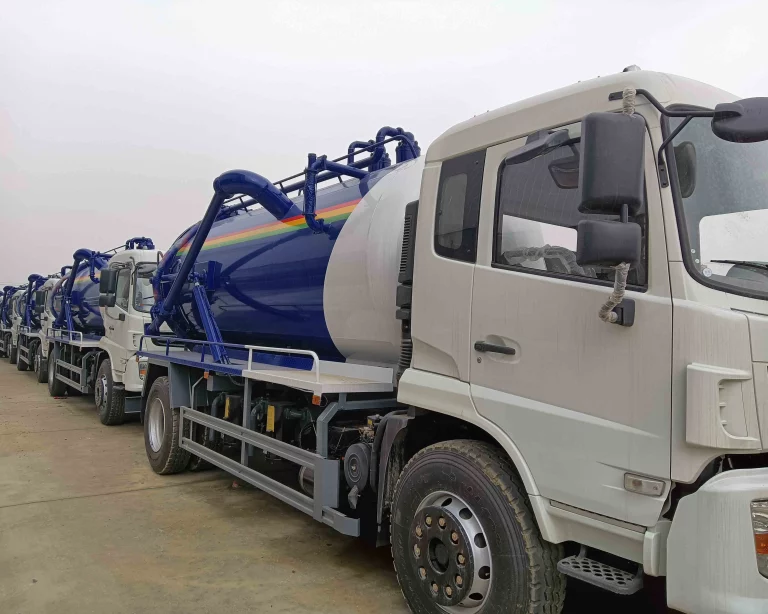Introduction
Debris trucks play a crucial role in waste management, construction, and disaster response. These specialized vehicles are designed to transport a wide variety of waste materials, including construction debris, yard waste, and hazardous materials. This guide covers everything you need to know about debris trucks, from their types and operating methods to their importance in various sectors. Whether you’re a contractor in need of reliable waste disposal, a homeowner addressing yard cleanup, or someone interested in waste management practices, this article will provide valuable insights.
What Is a Debris Truck?
A debris truck, often referred to as a dump truck or trash truck, is specifically designed to haul waste and debris from one location to another. They come in different shapes and sizes depending on the type of debris they transport. The main features of a debris truck typically include a hydraulically operated bed that can be tilted to unload debris and various compartments for sorting different types of waste.
Types of Debris Trucks
1. Dump Trucks
Dump trucks are the most commonly used debris trucks and are equipped with an open bed that can be raised at the front. This allows for easy unloading of materials such as gravel, sand, and construction debris.
2. Roll-Off Trucks
These trucks use a pivoting arm to load and unload large container boxes. Roll-off trucks are ideal for transporting large volumes of construction debris or waste from job sites.
3. Compactor Trucks
Compactor trucks are equipped with a compaction unit that compresses waste material to maximize space. This is particularly useful for municipal waste collection.
4. Box Trucks
Box trucks feature a fully enclosed cargo area and are best for transporting lighter debris that needs protection from the elements, like furniture or electronics.
How Debris Trucks Operate
Understanding the operation of debris trucks helps in knowing how they contribute to waste management efficiency. Here’s a general overview of their operating principles:
Loading Process
Most debris trucks are loaded using either a front-end loader or a conveyor system. The loading process varies according to the material type and desired efficiency. It’s essential to adhere to weight limits to avoid damaging the truck or the road.
Transporting Debris
Once loaded, debris trucks transport waste to designated disposal sites, such as landfills or recycling centers. Tracking routes and optimizing them can significantly reduce transportation costs and environmental impact.
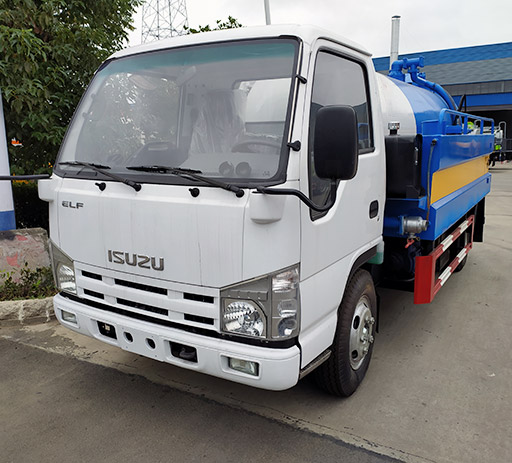
Unloading Process
Unloading debris trucks typically involves raising the truck’s bed to allow gravity to do most of the work. Proper techniques in unloading are crucial to ensure safety, especially with heavier materials.
Importance of Debris Trucks in Waste Management
Debris trucks are essential for effective waste management across numerous sectors:
1. Construction and Remodeling
In the construction industry, debris trucks help manage waste from building sites. They transport materials like concrete, wood, and metal scrap efficiently and facilitate recycling efforts.
2. Landscaping and Yard Cleanup
Debris trucks are often employed for yard waste removal, making them indispensable for landscaping projects. They help in disposing of leaves, branches, and other organic materials effectively.
3. Emergency Response and Disaster Cleanup
During disasters like hurricanes or floods, debris trucks are vital for clearing streets and residential areas, enabling recovery efforts to proceed more smoothly.
Choosing the Right Debris Truck for Your Needs
When selecting a debris truck, several factors should be taken into consideration:
1. Type of Debris
What type of debris will you be transporting? Ensure the truck you choose is suitable for that material.
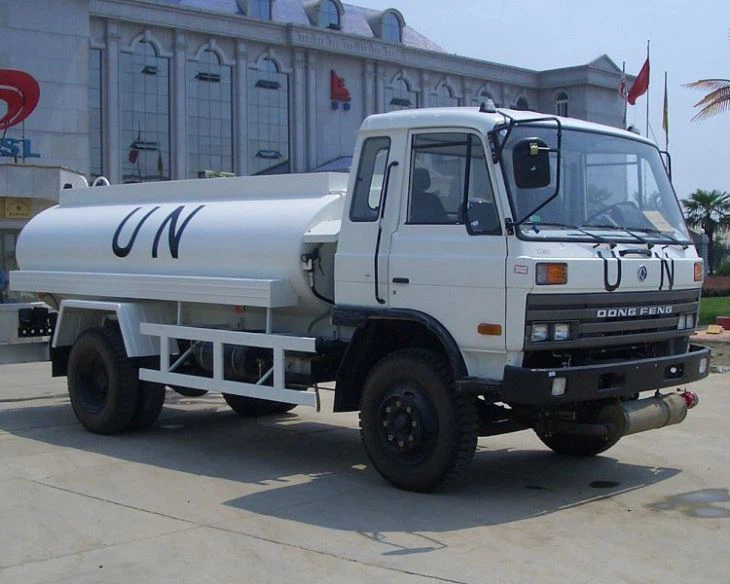
2. Volume and Weight Capacity
The truck’s specifications should match the expected volume and weight of the load. Overloading can lead to fines and accidents.
3. Budget
Consider your budget, including the purchase or lease of the truck, maintenance, and operational costs.
4. Regulatory Compliance
Ensure the truck meets local regulations regarding waste transport and disposal to avoid potential legal issues.
Best Practices for Operating Debris Trucks
Operating debris trucks requires adherence to best practices for safety and efficiency.
1. Regular Maintenance
Schedule routine inspections and maintenance for the truck to prevent breakdowns and ensure safe operations.
2. Training for Operators
Train operators on the proper use of equipment, safety protocols, and loading/unloading techniques to minimize risks.
3. Route Planning
Optimize routes for fuel efficiency and time savings. Use GPS technology to assist in planning.
4. Environmental Considerations
Implement practices that reduce environmental impacts, such as avoiding illegal dumping and minimizing noise and dust during operations.
Debris Truck Regulations and Compliance
Debris truck operations are governed by various regulations to ensure safety and environmental protection:
1. Weight Limits
Transporting loads above the legal weight limit can result in fines and damage to infrastructure. Familiarize yourself with the local weight restrictions.
2. Safety Standards
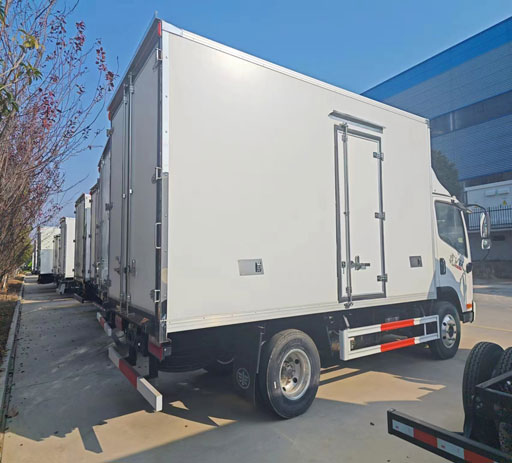
Follow the safety standards set by the Department of Transportation (DOT) and other regulatory bodies to maintain compliance and safety.
3. Waste Disposal Laws
Ensure that all materials are disposed of in accordance with federal, state, and local laws to avoid penalties.
Tips for Renting or Purchasing a Debris Truck
If you’re considering renting or buying a debris truck, here are some helpful tips:
1. Assess Your Needs
Evaluate the specific requirements of your projects to choose the right size and type of truck.
2. Compare Providers
Get quotes from multiple rental or sales companies. Ensure you understand the terms and any additional fees.
3. Inspect the Truck
Before finalizing any agreements, inspect the truck for condition and functionality to avoid surprises.
4. Read Reviews
Research feedback from past clients regarding the company’s reliability, service quality, and truck performance.
Technology in Debris Truck Operations
Technology is revolutionizing the waste management industry, and debris trucks are no exception:
1. GPS Tracking
GPS allows for real-time tracking of trucks, enhancing route optimization and operational efficiency.
2. Automated Load Sensors
These sensors help operators monitor load weight in real-time, ensuring compliance with weight regulations.
3. Telematics Systems
Telematics allows for better fleet management by providing insights into vehicle health, driving patterns, and fuel consumption.
Maintenance Checklist for Debris Trucks
Regular maintenance is essential for operational efficiency and safety. Here’s a quick checklist:
| Maintenance Task | Frequency |
|---|---|
| Check oil levels | Weekly |
| Inspect brakes | Monthly |
| Examine tires for wear | Every 2 weeks |
| Clean the truck | As needed |
| Check hydraulic fluid levels | Monthly |
| Inspect for leaks | Weekly |
Frequently Asked Questions
1. What types of debris can be transported in a debris truck?
Debris trucks can transport various types of waste, including construction debris, yard waste, and even hazardous materials, depending on the truck’s specifications.
2. How often should debris trucks be maintained?
Debris trucks should undergo inspections and maintenance regularly, with a comprehensive review conducted at least monthly, while some checks should be performed weekly.
3. Can I rent a debris truck for a one-time project?
Yes, many companies offer rental options for debris trucks, allowing you to choose the duration that suits your project needs.
4. What should I consider when choosing a debris truck service?
Consider factors such as the type of debris being transported, budget, regulatory compliance, and the reputation of the service provider.
5. Are there specific regulations for transporting hazardous materials?
Yes, transporting hazardous materials requires compliance with various federal and state regulations to ensure safety and legal adherence.
6. How can technology improve debris truck operations?
Technology can enhance efficiency through GPS tracking, automated load sensors, and telematics systems, aiding in route planning and fleet management.
